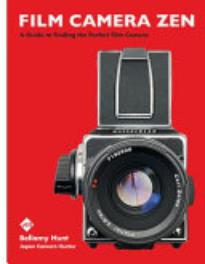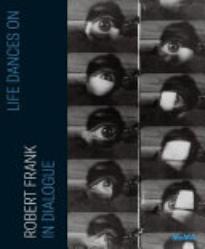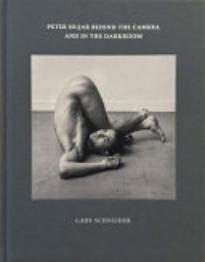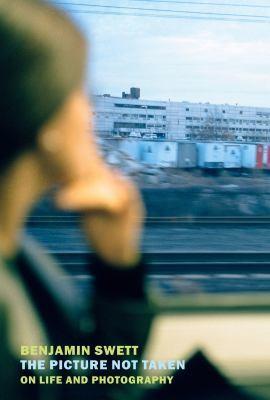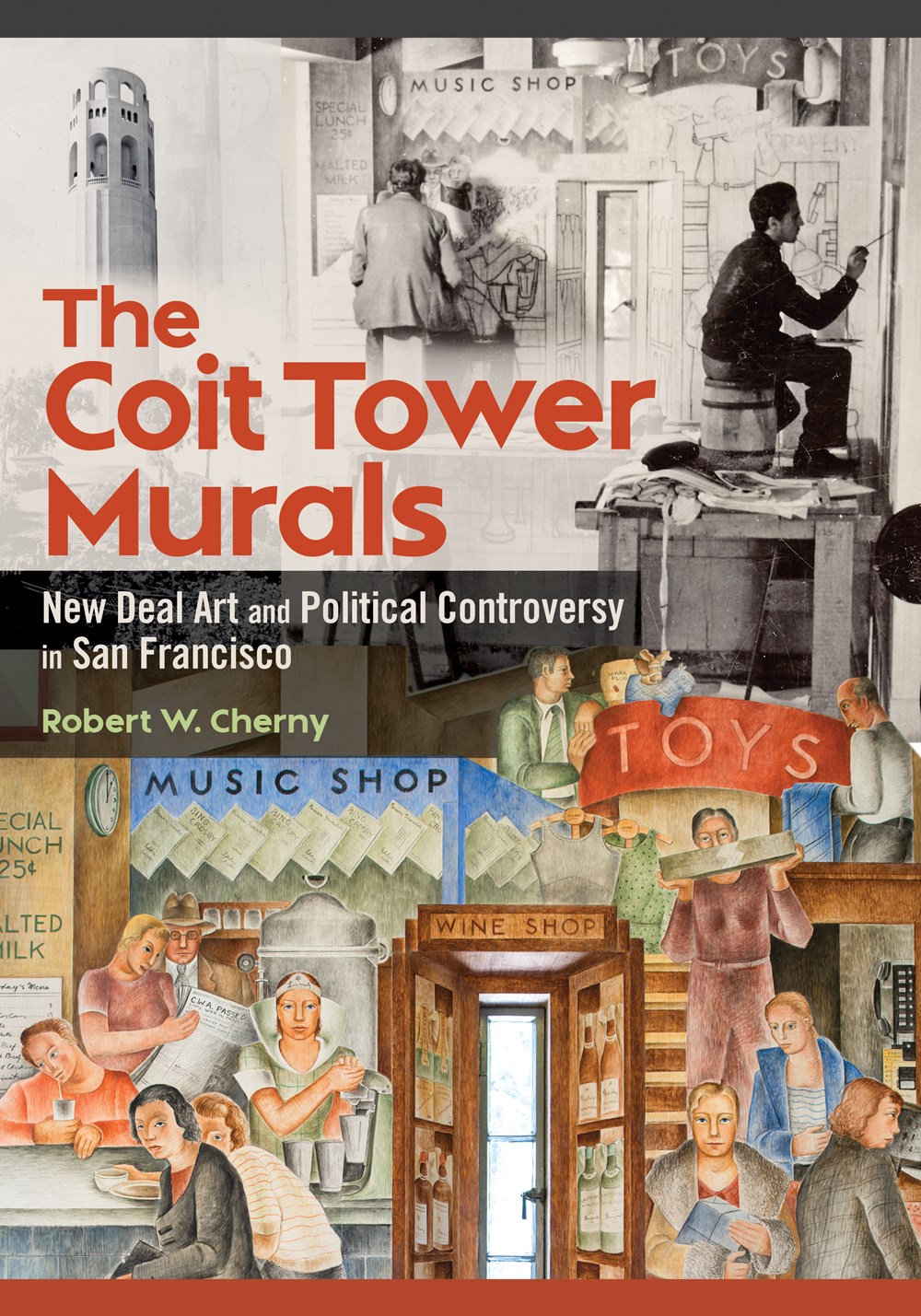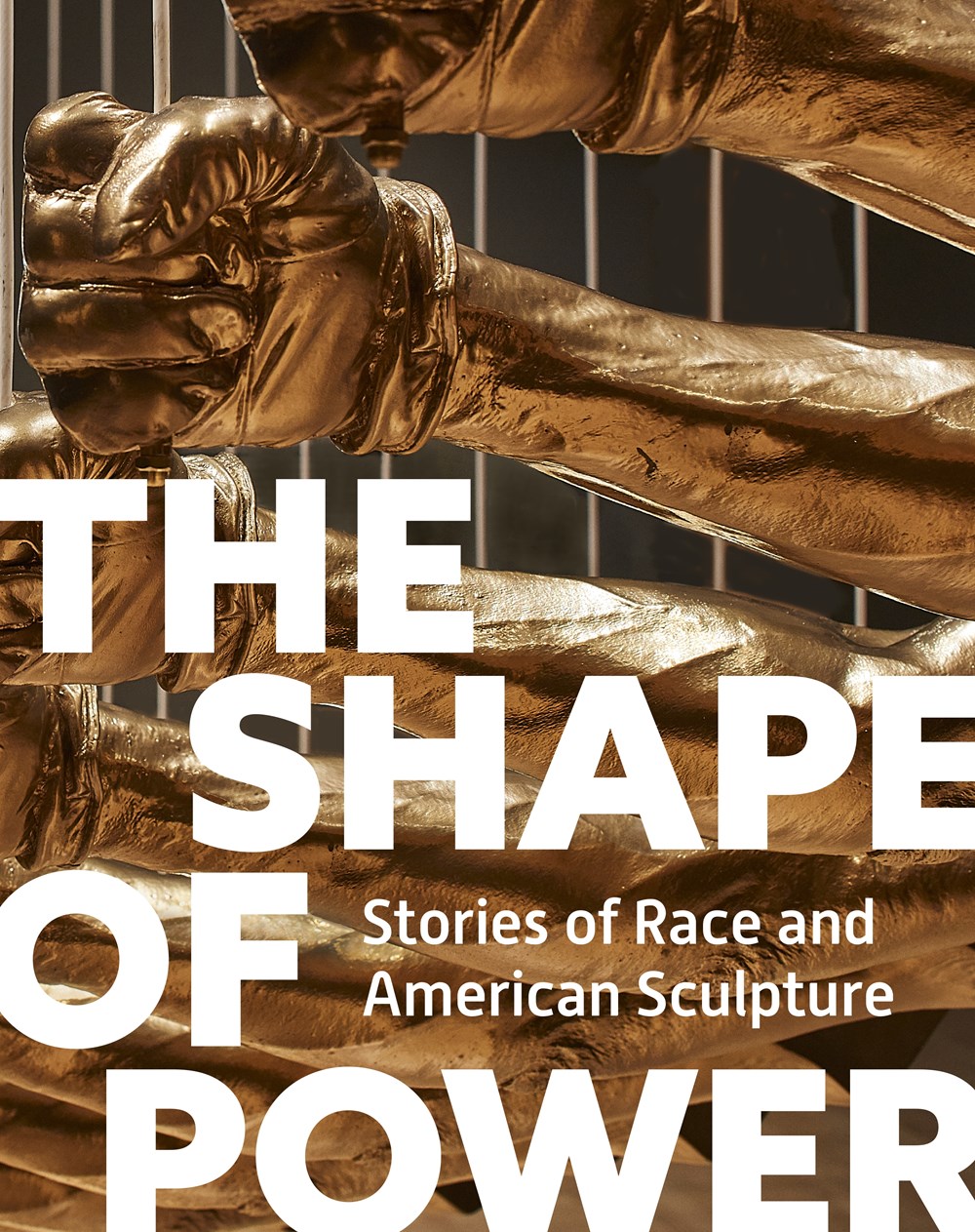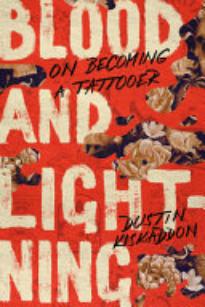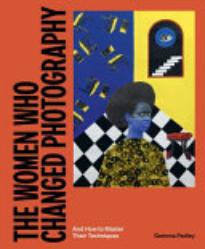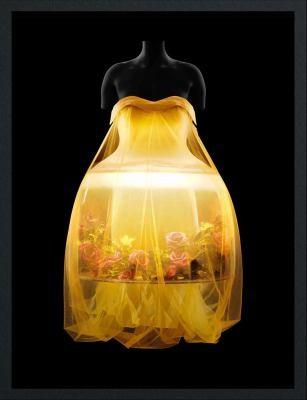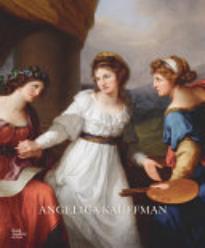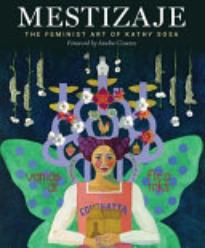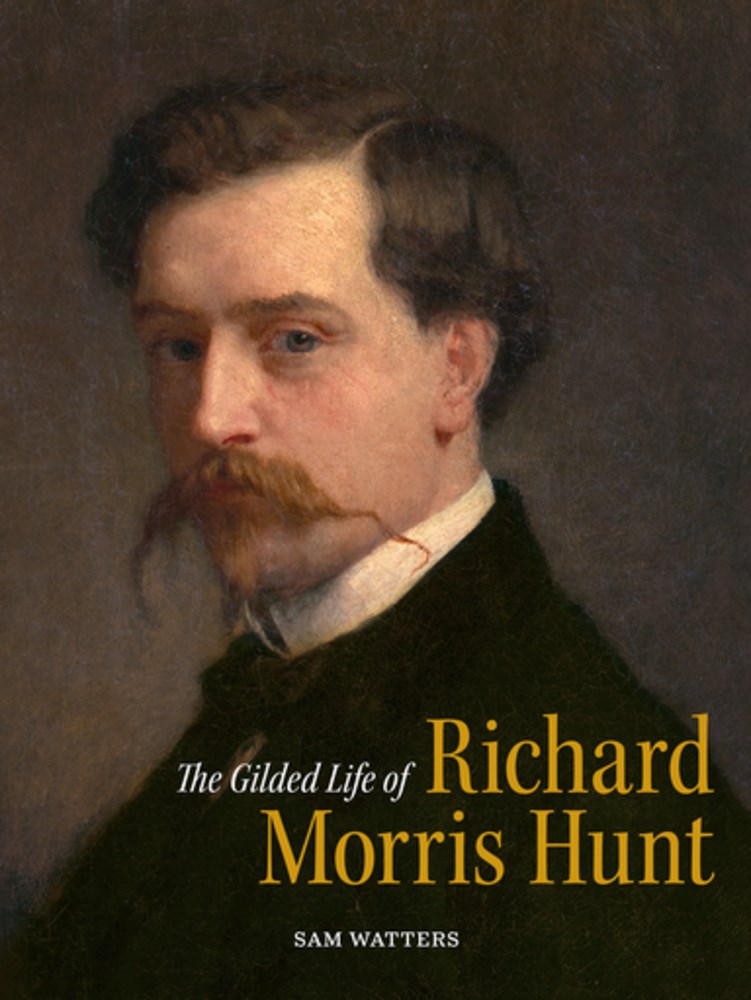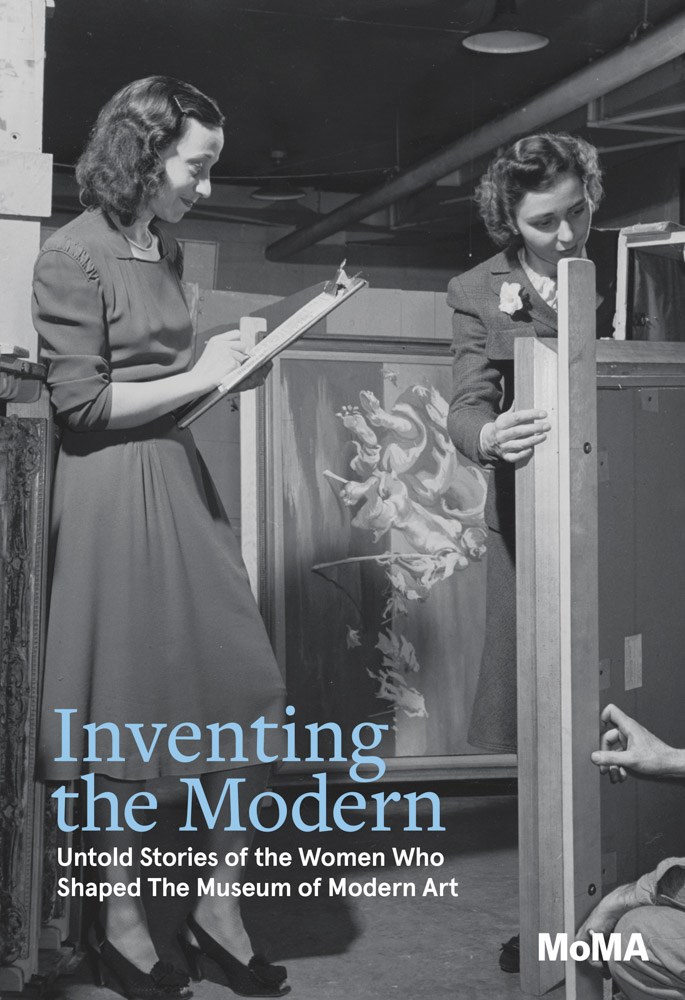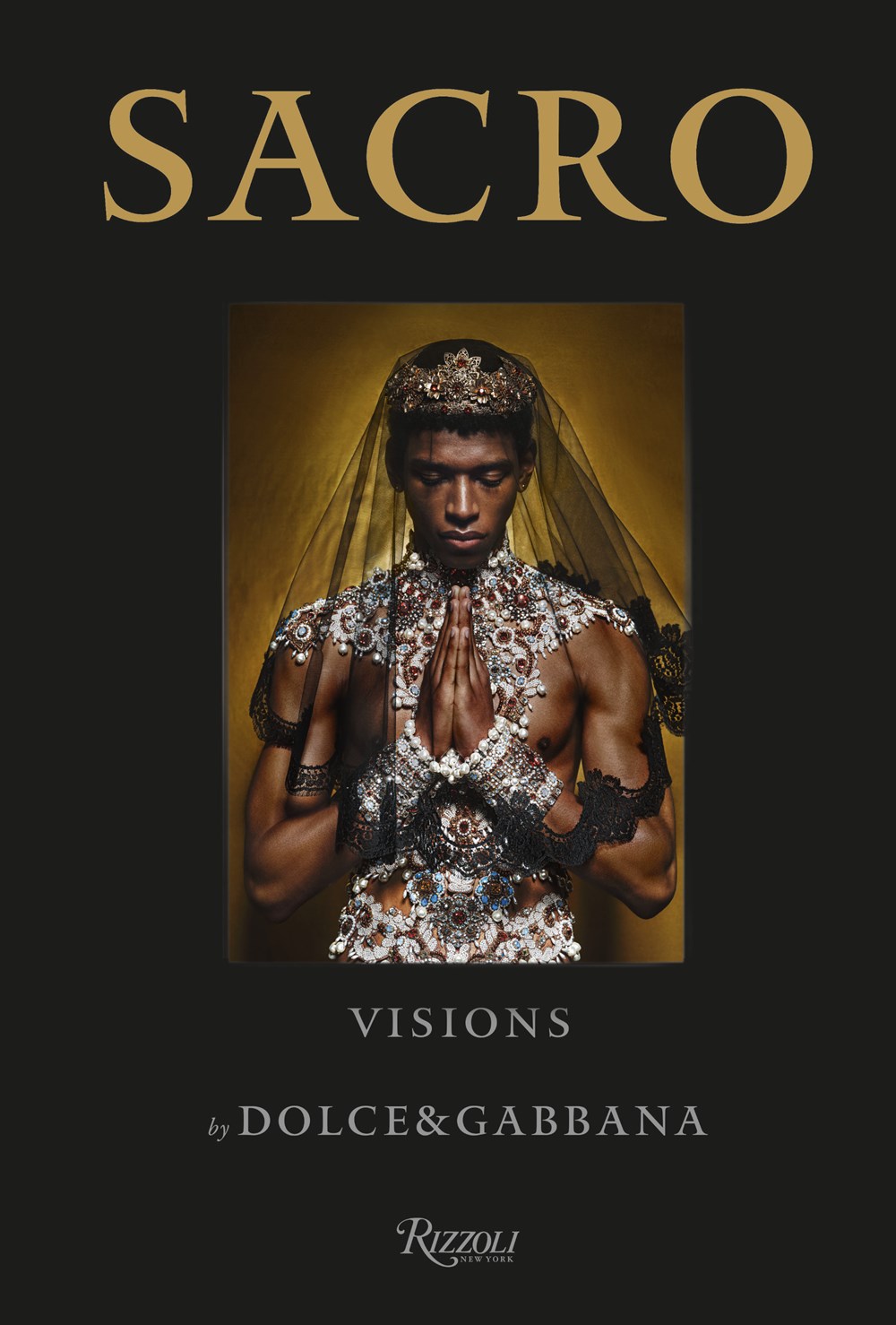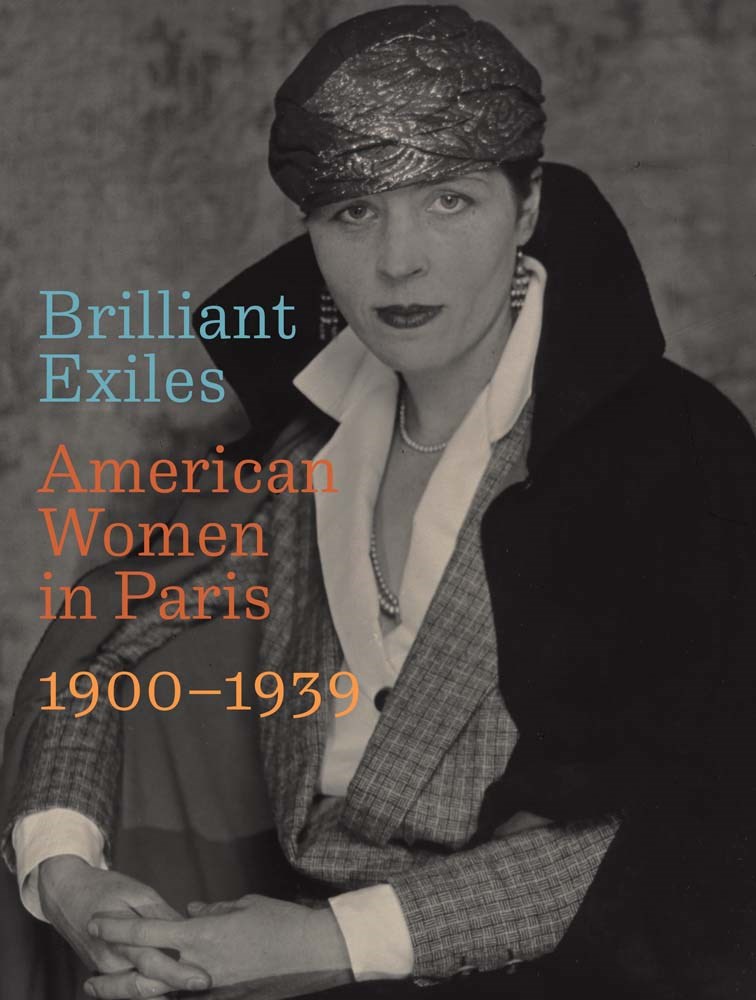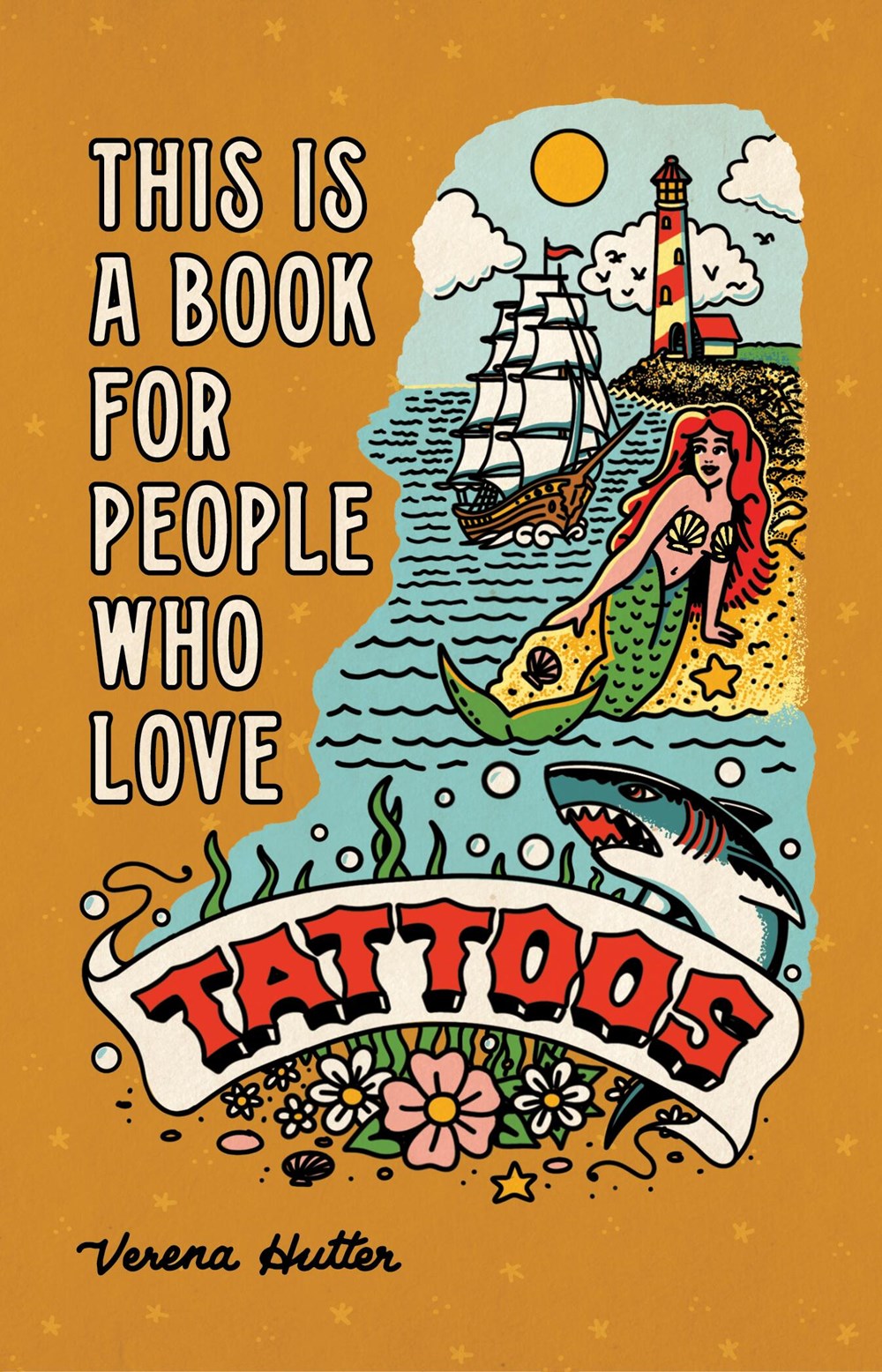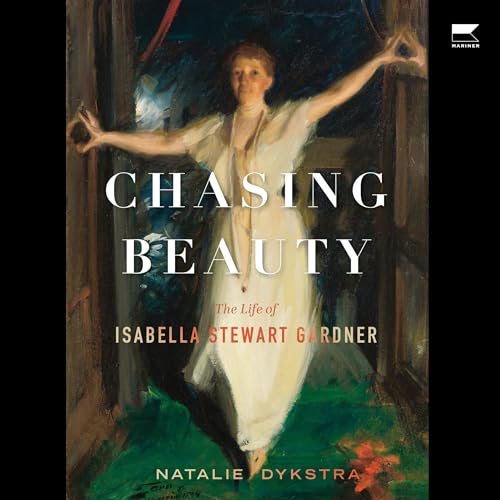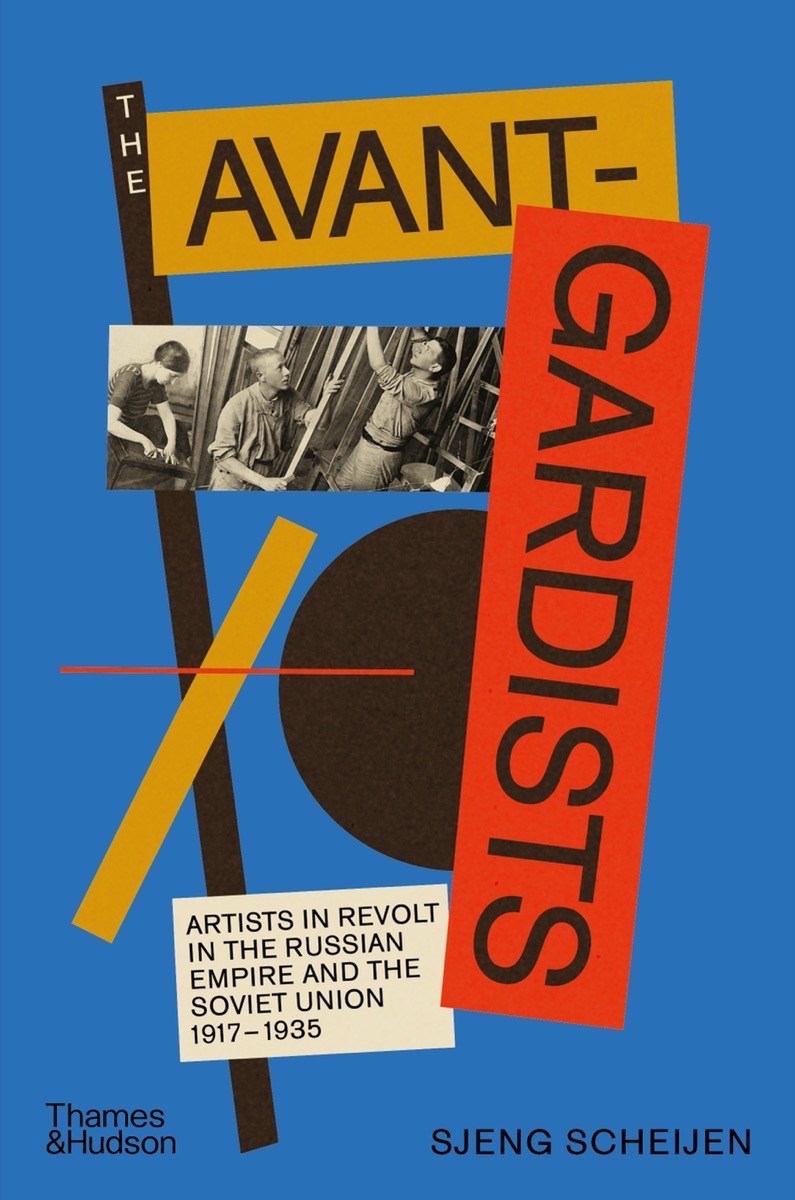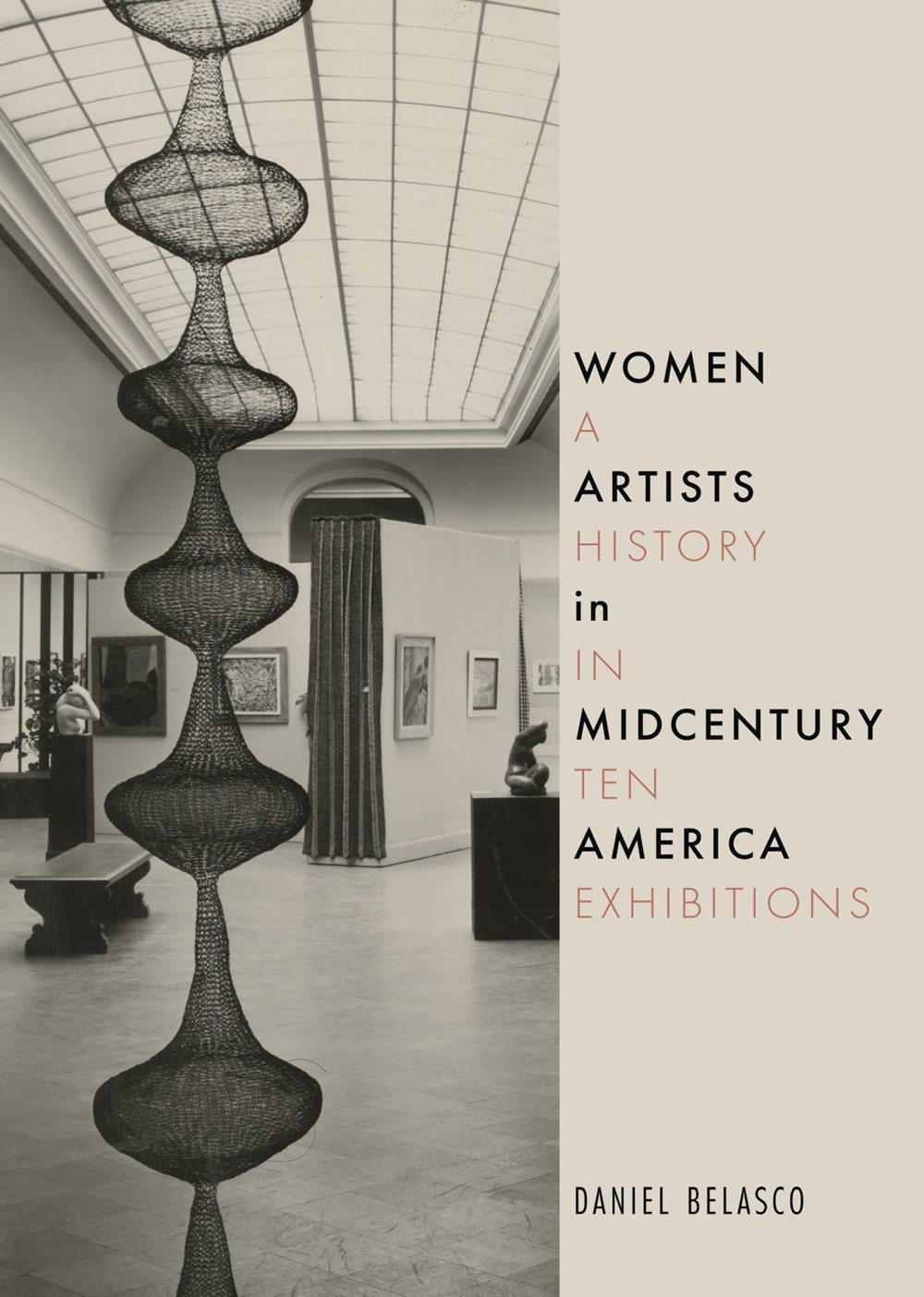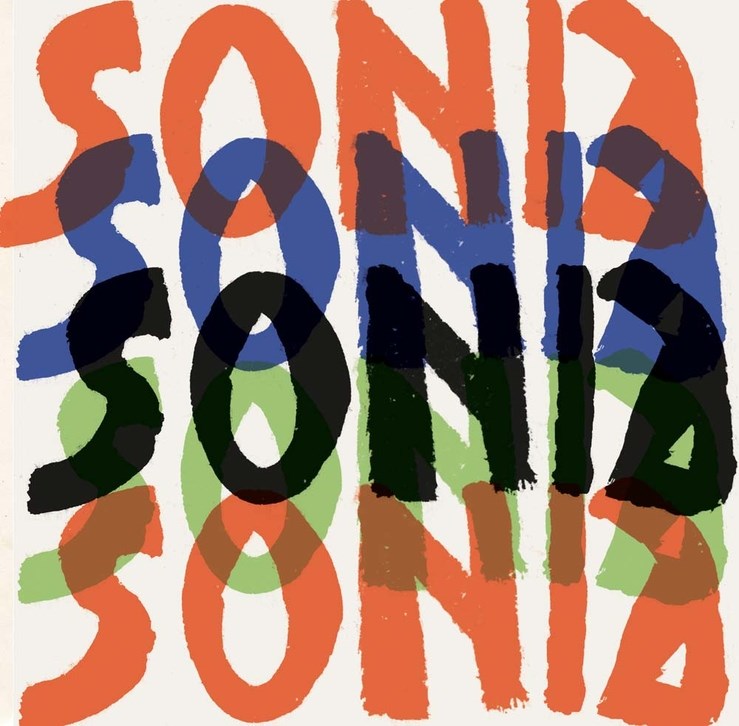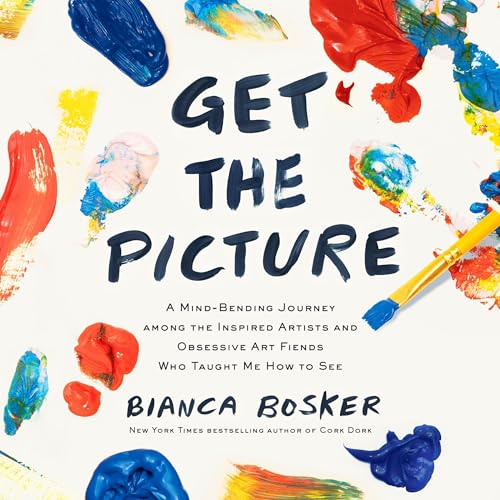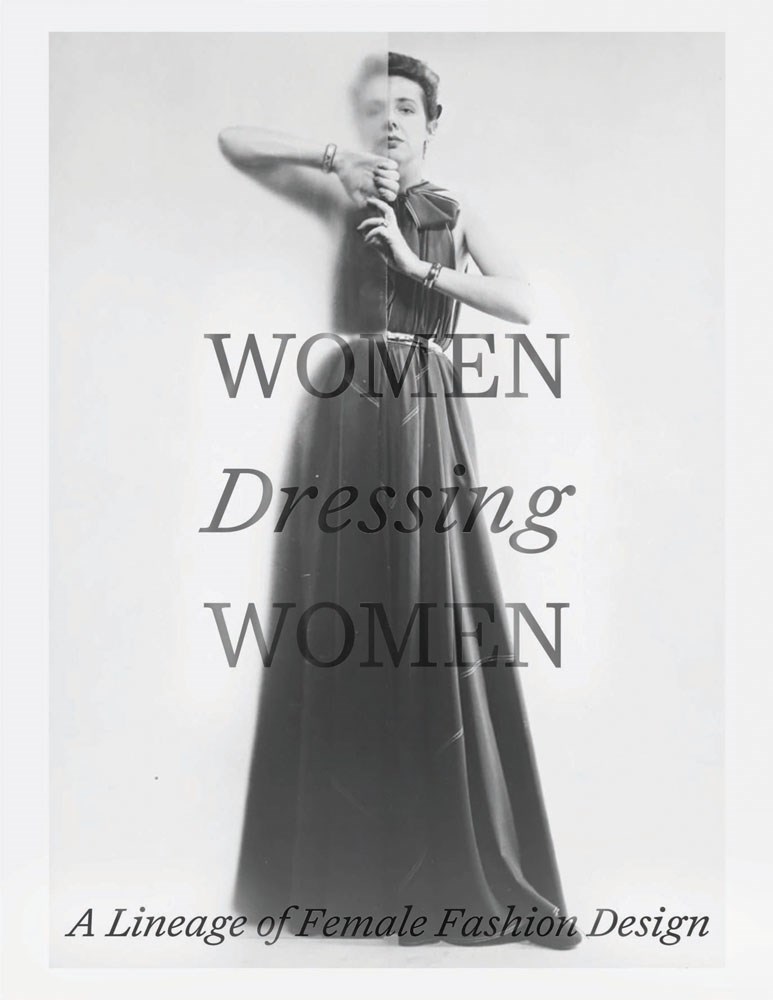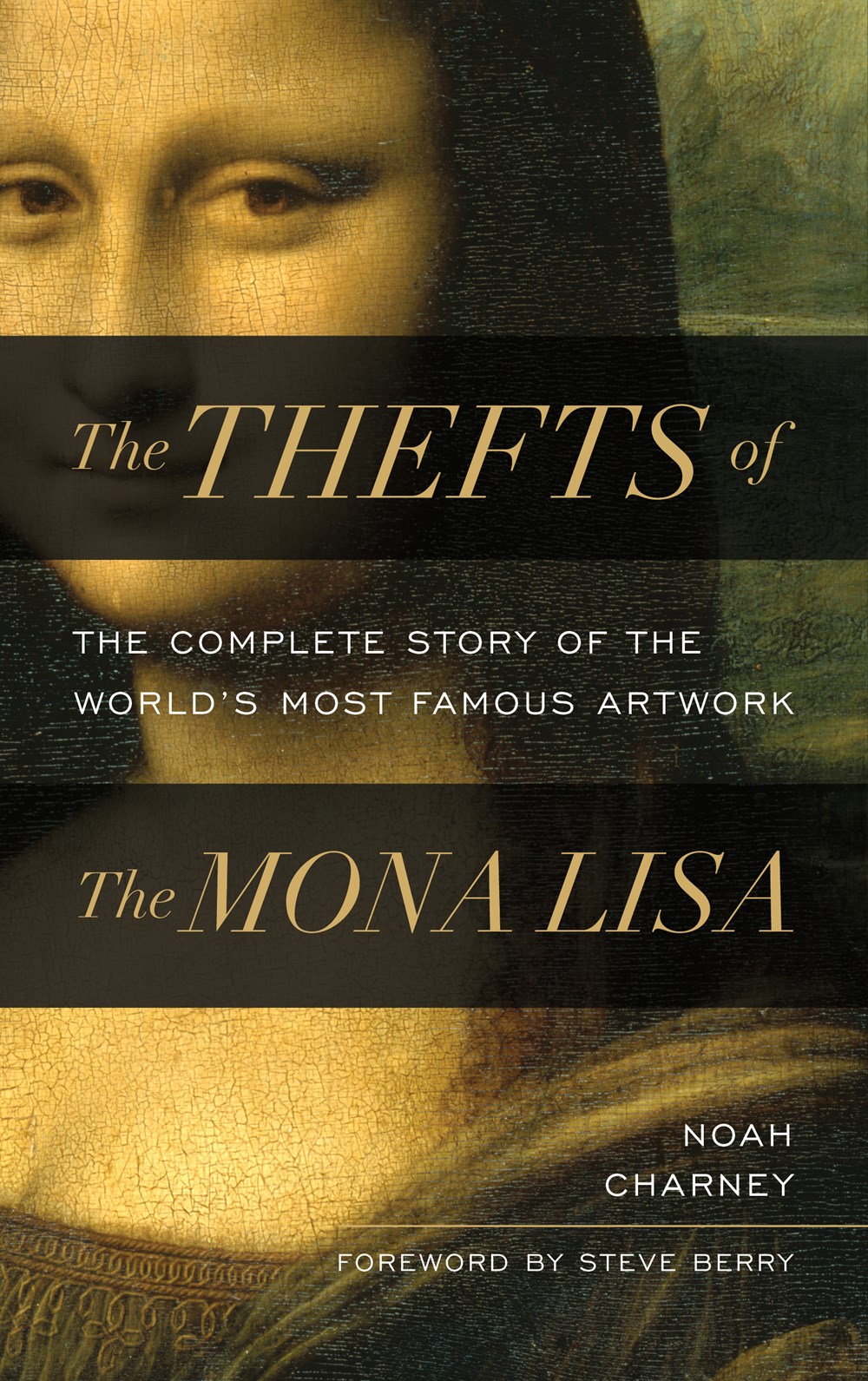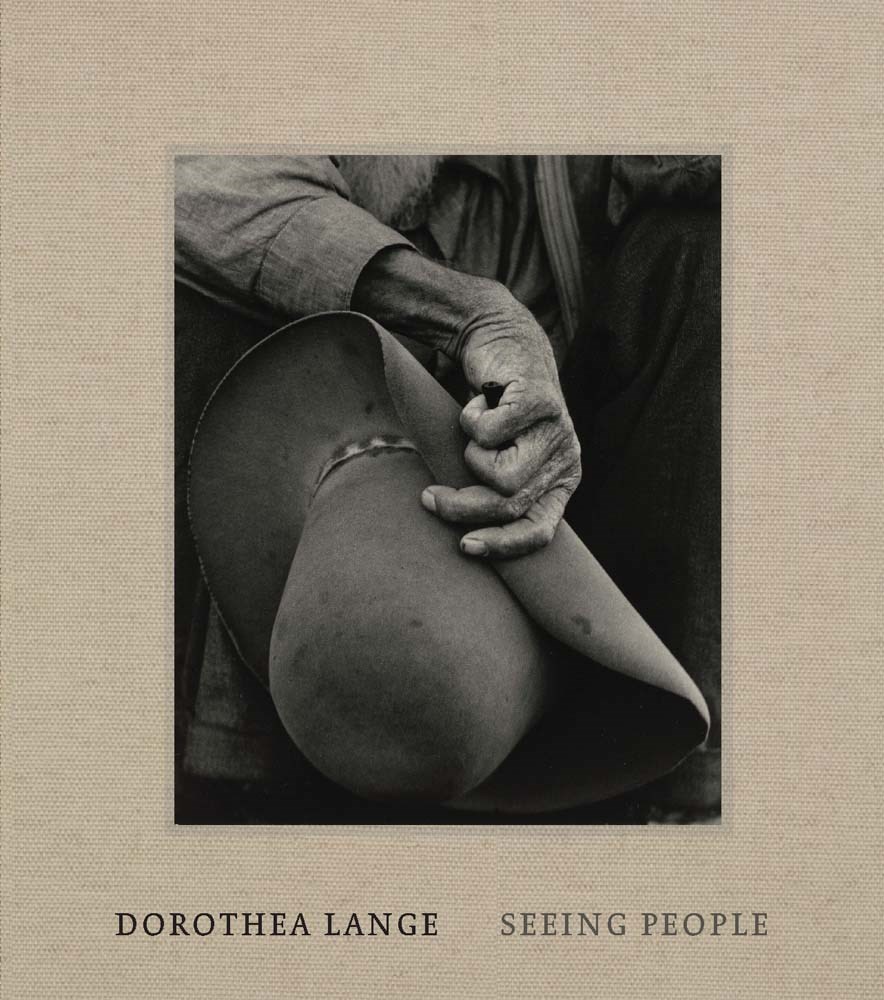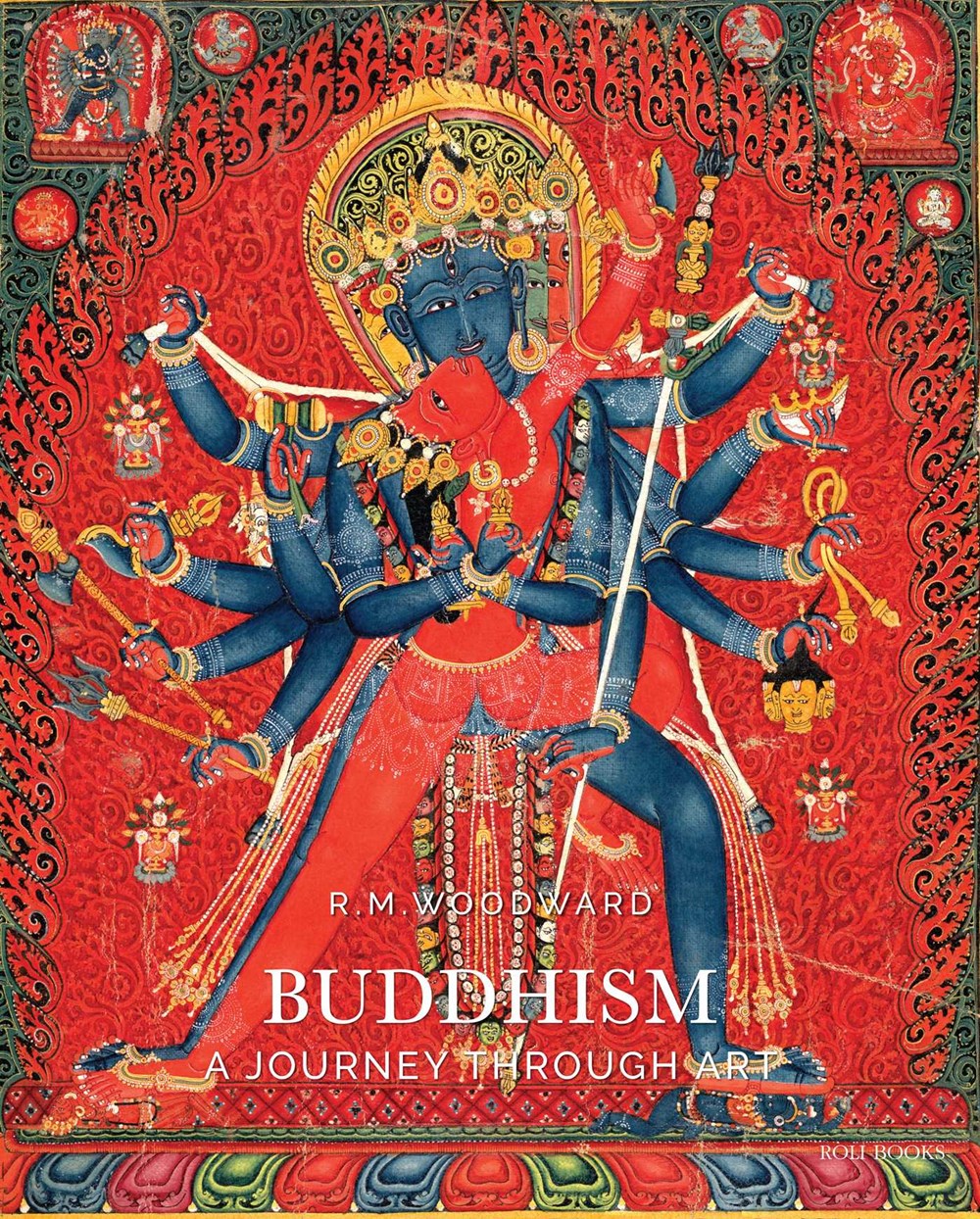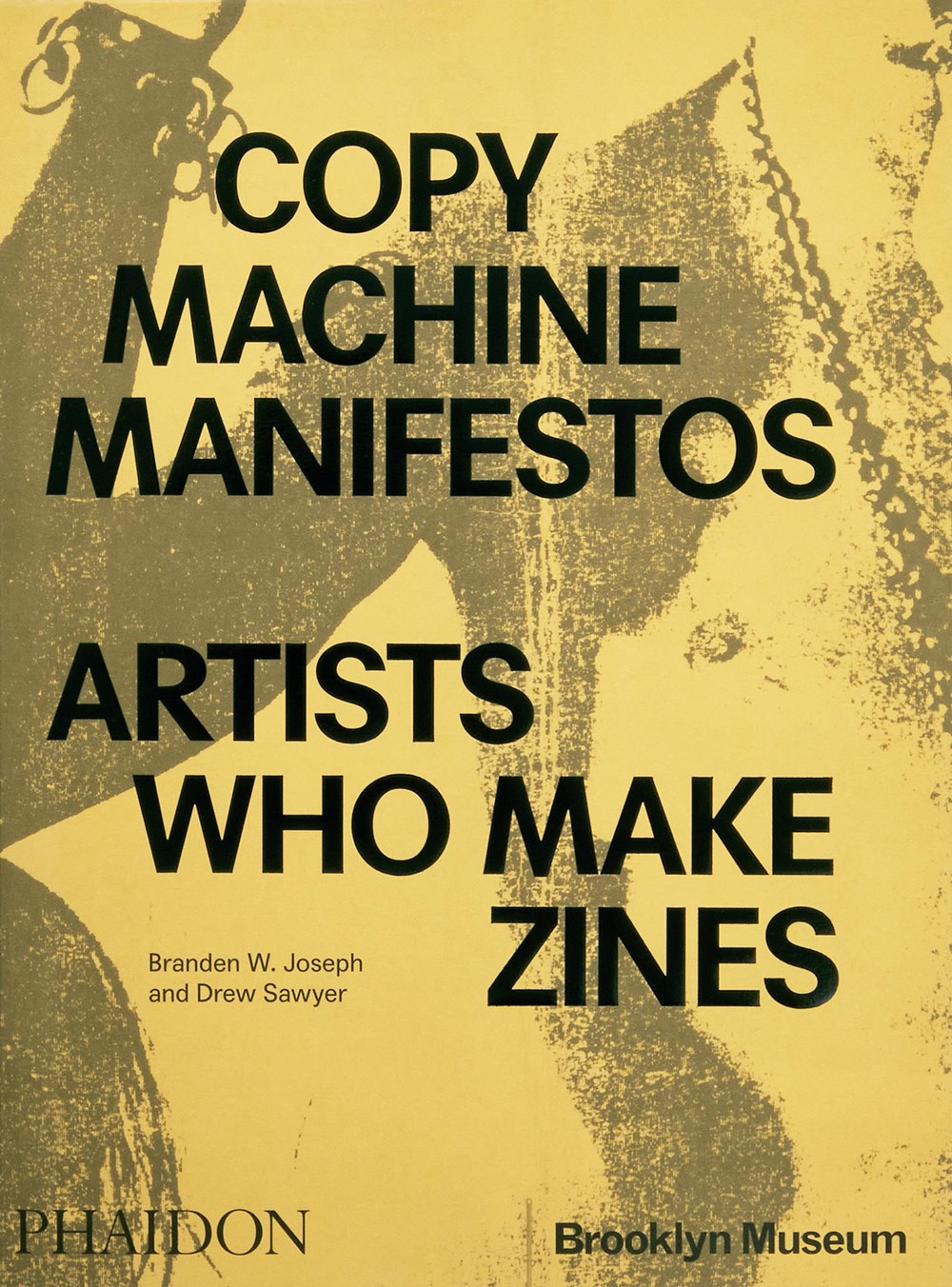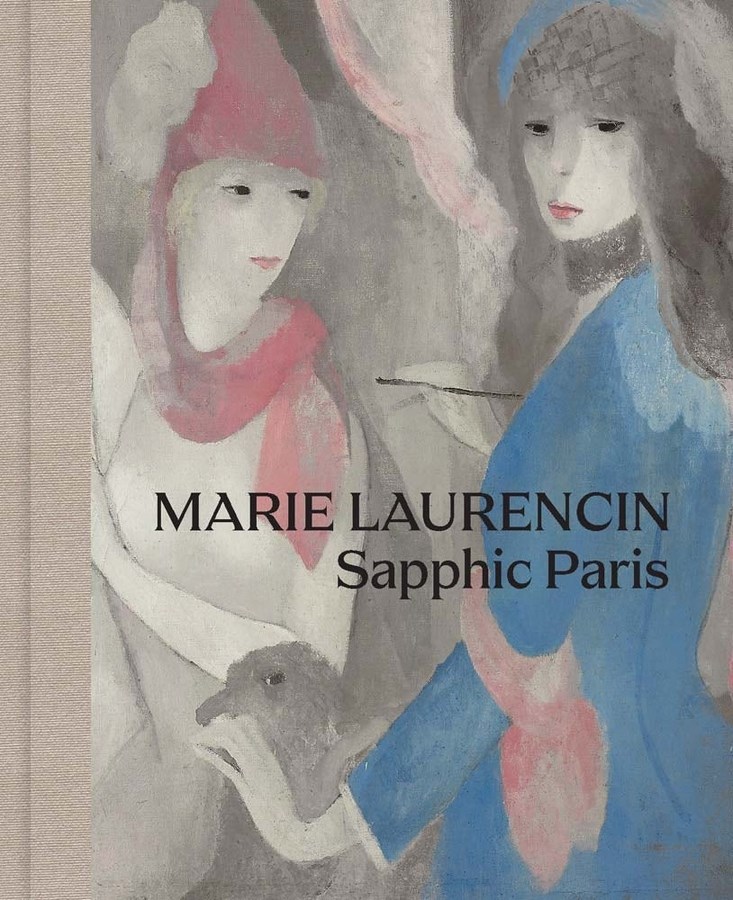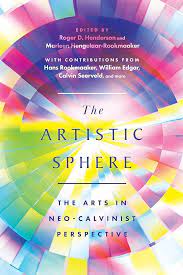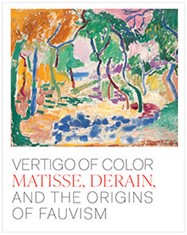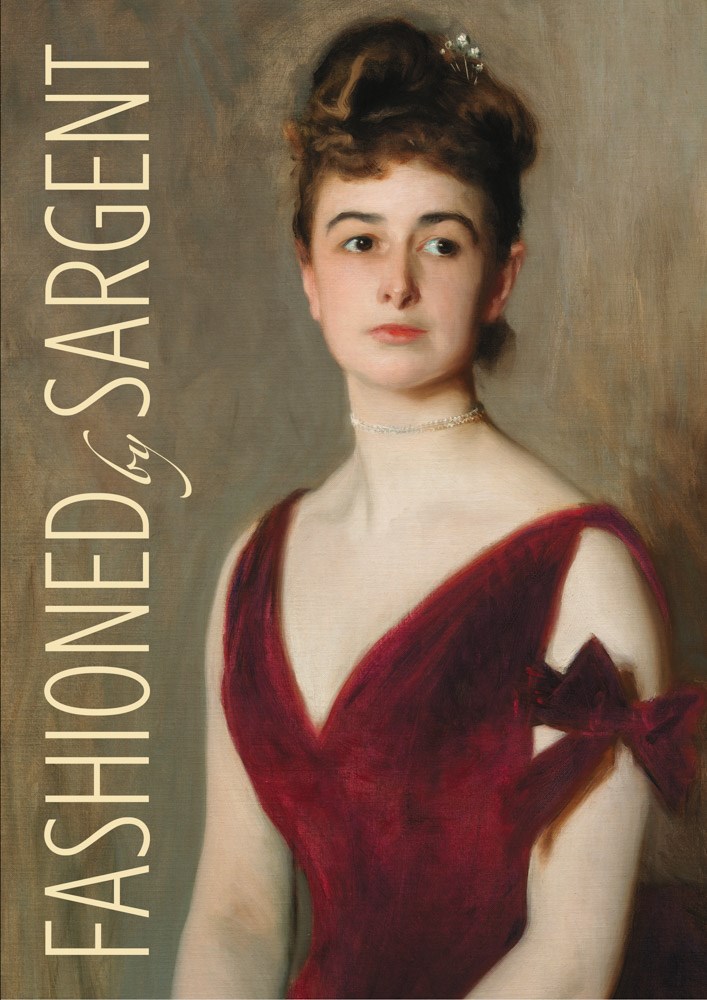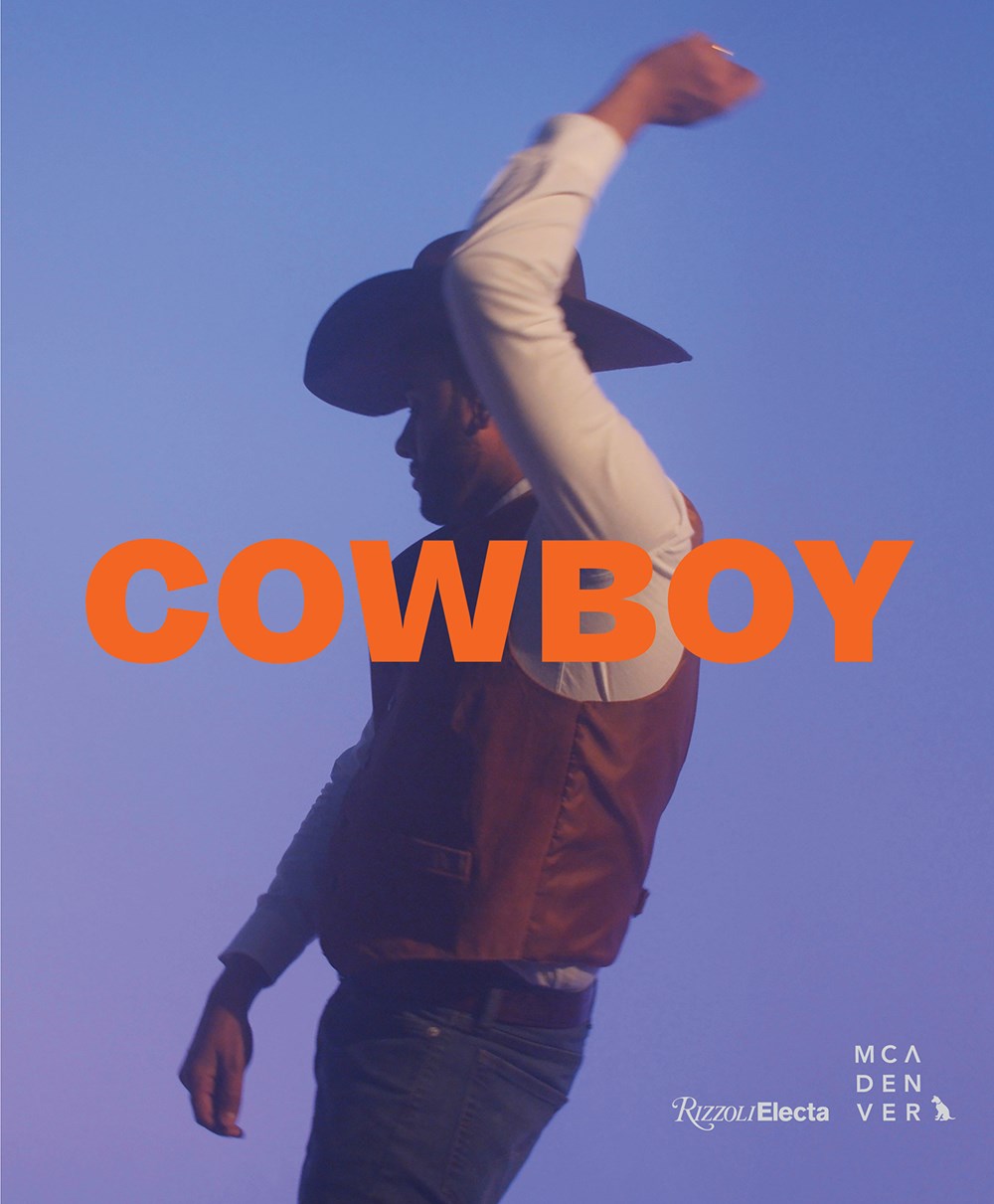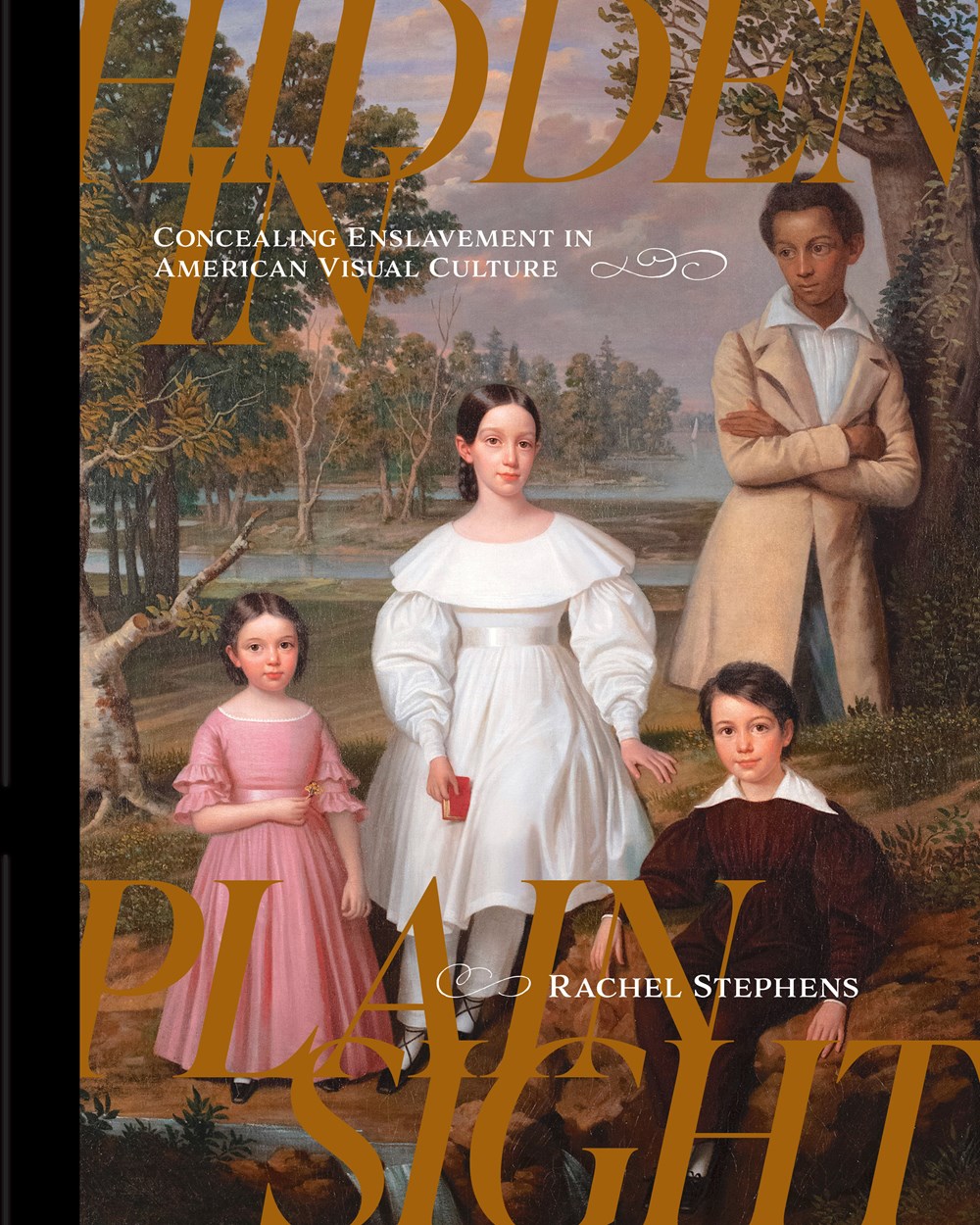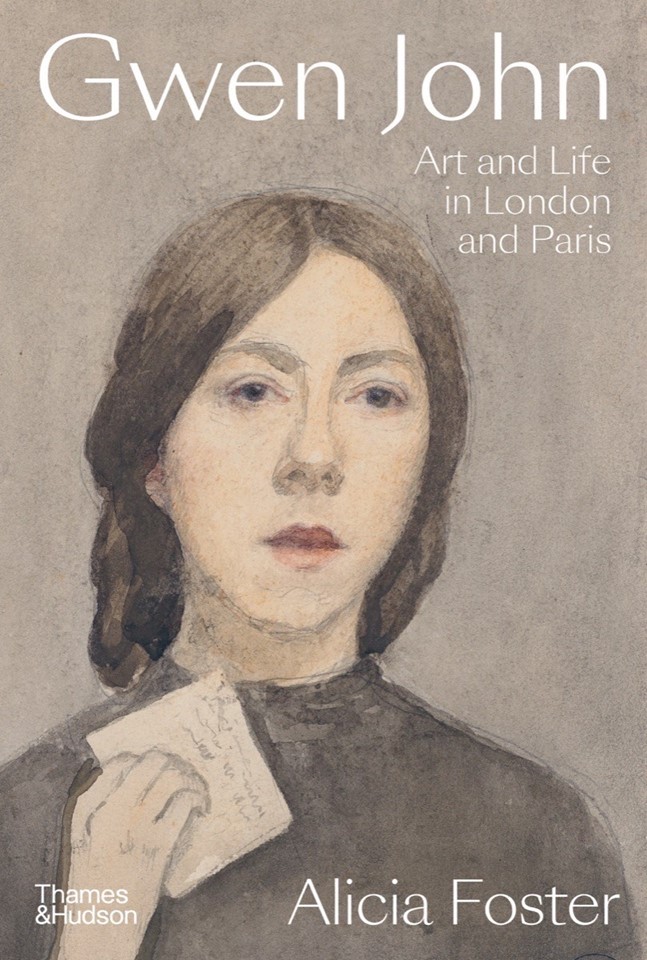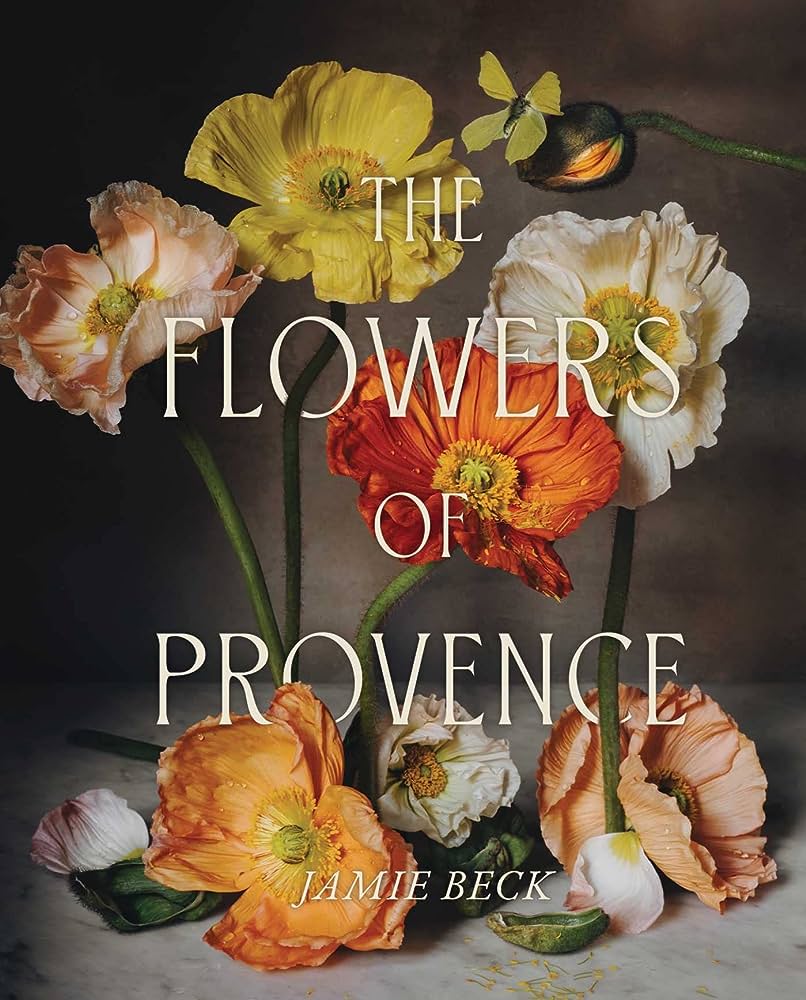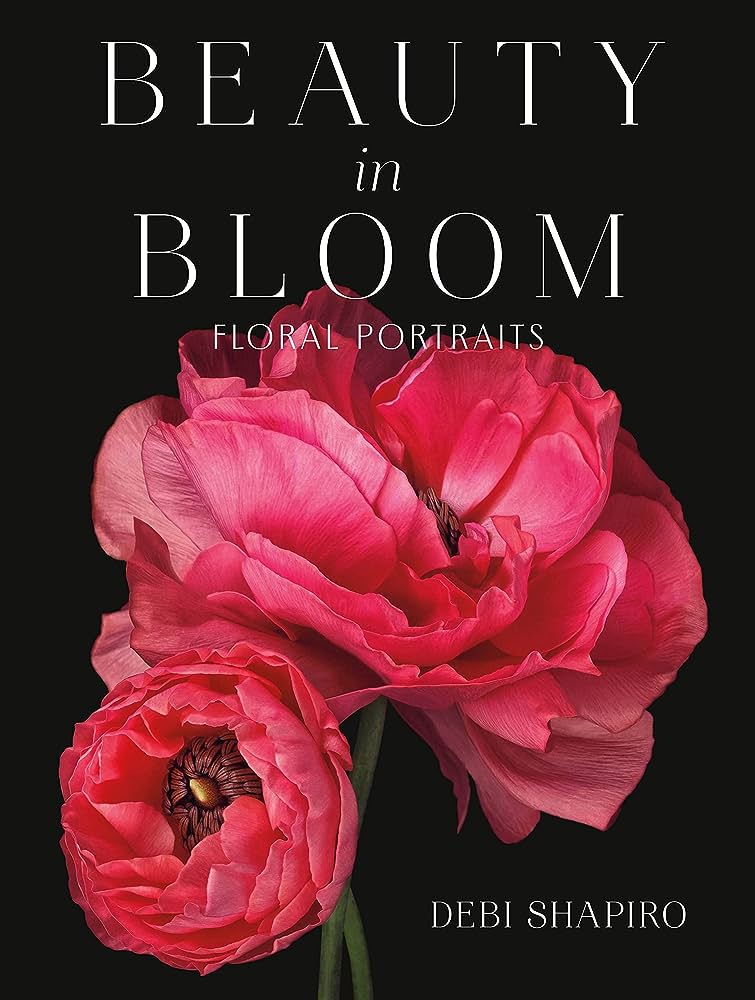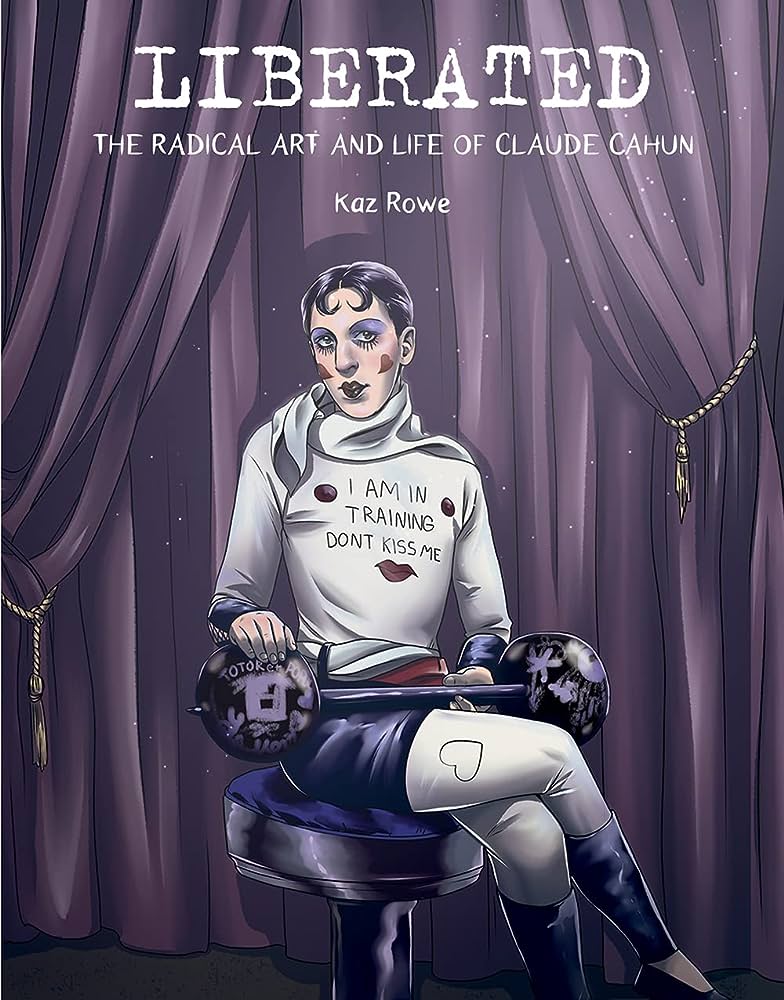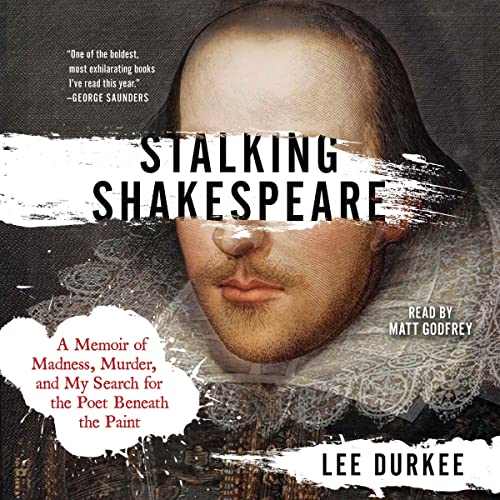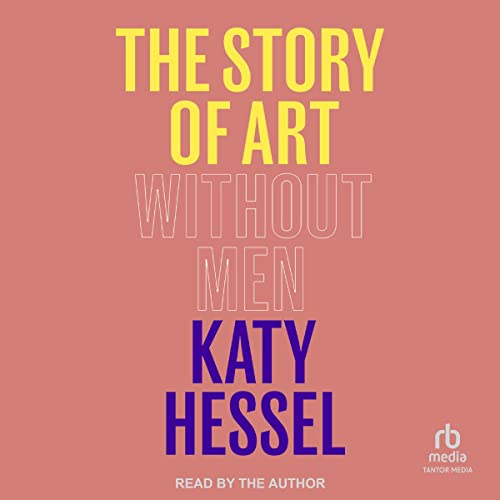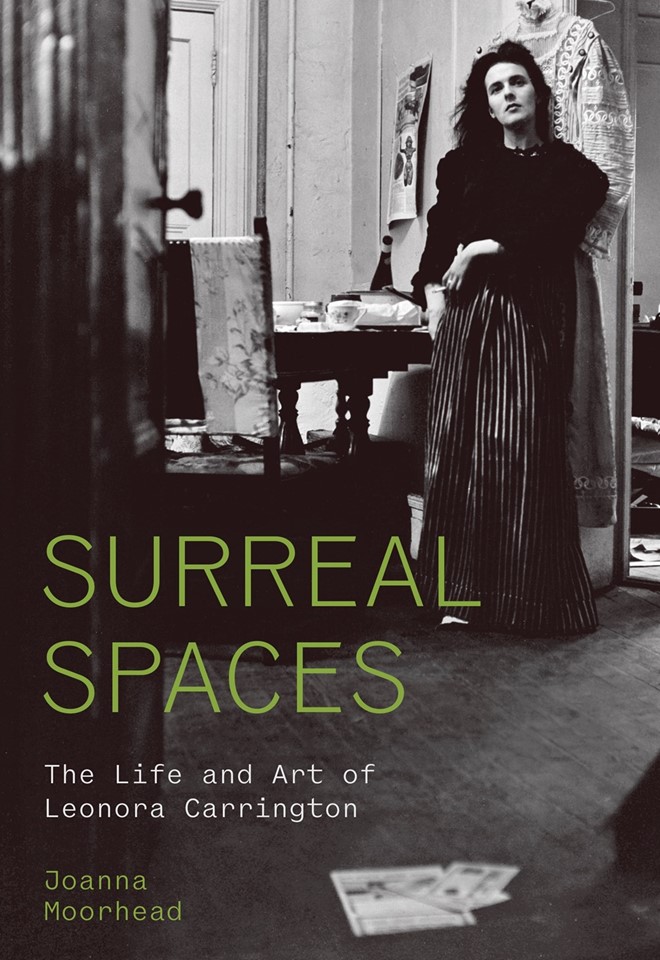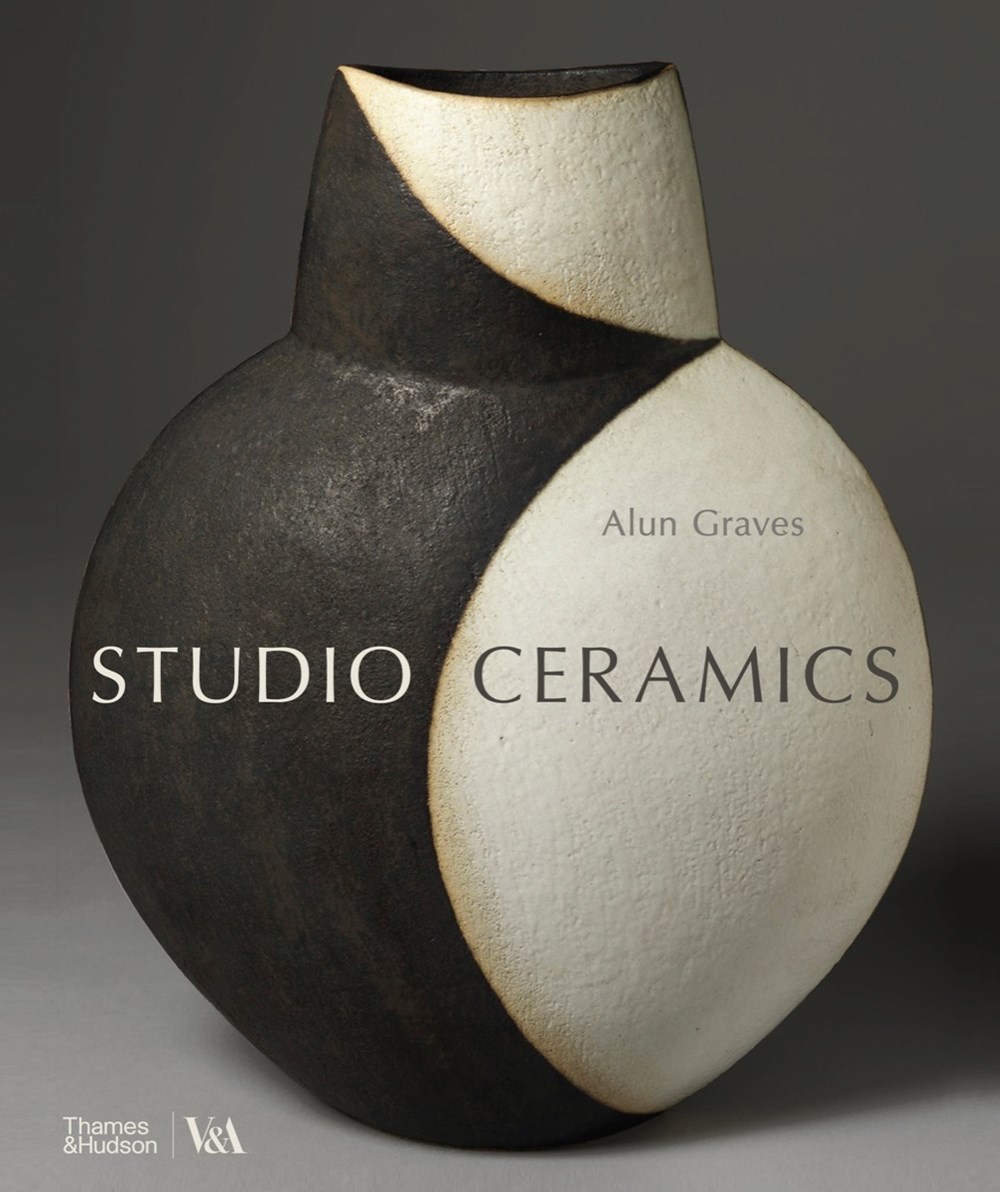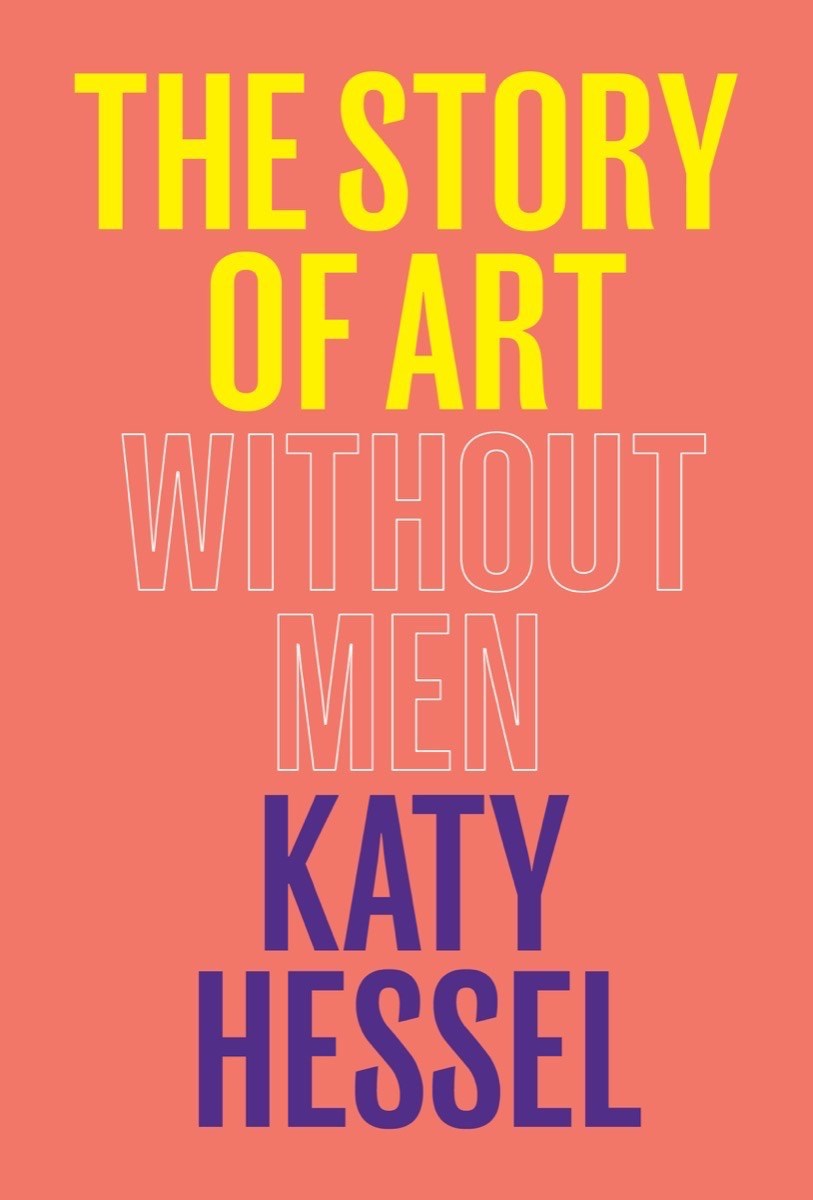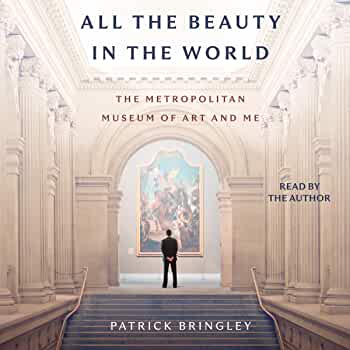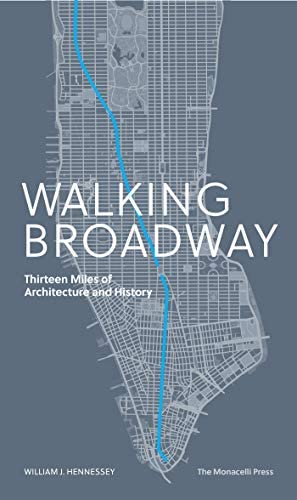Related
The informative text and numerous examples of Frank’s work reveal the artist beyond his early, best-known images.
A valuable look at the work of a notable 20th-century American photographer from someone who worked closely with him.
For readers who enjoy the particular pleasures, insights, and discoveries that the essay form offers.
More a history than an art history, this concise and well-written book smoothly follows the murals from conception to completion to their subsequent evolution into a beloved San Francisco landmark, highlighting their treatment by art critics and historians over the years. It’s beautifully illustrated with photographs of the artists and the murals in various stages of completion.
A poignant companion work to an important and significant exhibition and an essential contextual experience for librarians, students, artists, museum educators, historians, and the general public.
For readers wanting to know more about how tattoo professionals learn their trade, build their business, and develop as artists. With its discussion of the cultural aspects of tattooing, plus its images, Kiskaddon’s book will also appeal to readers interested in cultural studies.
Beautifully designed and clearly written, this book is for readers who want to gain new insights into the language of clothing.
With beautiful color plates, readable text, and a chronology of the artist’s life, this vis an excellent introduction to a remarkable and trailblazing but little-discussed woman painter.
A veritable feast for the eye that elucidates the comingling of contemporary and historical cultural influences in Sosa’s work. Especially recommended for libraries in border states.
While Stourton steers dangerously close to overfilling the book with names and anecdotes, his brisk writing style and honest approach will win over readers. Ultimately this is a remarkable story about a bygone world, well told by an insider.
An engrossing encyclopedic study of the whos and whys behind what people wear. Will inspire readers to add classics to their wardrobe or rediscover the versatility of pieces they may have pushed to the back of their closet in favor of trendier pieces.
PREMIUM
A Book About Ray
A comprehensive survey with intelligent, thoughtful readings of key works, for both newcomers and those already familiar with Johnson’s art.
This is what art history books should be like. The well-written essays are crisp and laser-focused on subjects both esoteric and concrete. The illustrations and paintings are used skillfully. The scholarship has a modern perspective but carefully respects the historical time period when the artwork was created. Given the scale and scope of the Kunsthalle show, it’s possible that exhibitions like this, and books like this, will find the necessary cultural cohesion and financial means scarce in the future.
For readers curious about how museums work, this engaging new look at MoMA’s origins will whet appetites for further scholarship on these fascinating figures.
PREMIUM
The Story of Perfume
Overflowing with fragrance facts, this accessible survey will delight perfume lovers on many levels.
With its beautiful design and a wealth of accessible material, including 280 photographs, an introduction by Mamadou Diouf, and interviews with luminaries Samuel Fosso and Souleymane Cissé, this book is a valuable resource for contemporary art history collections and a must-read for those interested in African photography and film.
Well written and informative, with extensive research notes. Highly recommended for fashion merchandising and women’s studies readers.
PREMIUM
Sacro Visions by Dolce & Gabbana
At once an evocation of what it means to worship and a celebration of the art of Dolce & Gabbana. Suggest to readers who thrilled to Andrew Bolton’s Heavenly Bodies exhibition catalogue.
“Brilliant” also describes this beautiful, browsable, yet scrupulously researched volume. With copious chapter endnotes, an index, and luscious color spreads, this gathering of amazing, trail-blazing women is riveting.
If readers are wondering why their cubicle mate chose a snake over a bird or how tattooing went from pirates to celebrities, this book will provide answers or at least encourage new ways of thinking about the stories people tell with their skin.
Reed’s elegant delivery and diction enhance Dykstra’s delightful portrait of a visionary Gilded Age art collector. Recommended for art history buffs and those who enjoyed Douglass Shand-Tucci’s The Art of Scandal.
In this deeply sourced and well-illustrated volume, Scheijen’s passionate embrace of the subject matter is almost overwhelming, and sometimes the density of the narrative makes for difficult reading. This is definitely a book for readers already familiar with the topic.
Brentan’s inviting narration enhances this fascinating book, offering a unique glimpse into the rise of fashion magazines. Share with listeners seeking to learn more about the challenges women artists faced as they fought against conventional expectations in pursuit of their dreams.
Scholarly in tone, this would be a good inclusion for a contemporary art history collection, with appeal for students, researchers, or anyone with a strong interest in modern art or women’s studies.
While scholarly in tone with extensive footnotes, this beautifully designed book is readable and includes many handsome images. Recommended to readers who are interested in both the fine and decorative arts of the 20th century made by a remarkable artist.
Bosker’s foray into contemporary art will have listeners visiting local art museums or even pondering their own art purchases.
This whimsical alphabetical journey is an homage to the people of New York City. Readers will enjoy perusing pages and pages of fashion and NYC street scenes and might even decide to emulate some of the amazing looks.
Anyone who has ever saved an object as a remembrance will relish this varied collection of heirlooms and their stories.
A beautiful, informative book, perfect for art collections, and an excellent starting resource to learn about the range of contemporary tattoo art.
This title illuminates all that goes into producing and designing a book. A must for authors, editors, designers, and curious readers. Give to those who enjoyed ABC for Book Collectors by John Carter and Nicolas Barker. They’ll love this book too.
A solid choice for those with an interest in pop art figures or gay culture of the 1970s and ’80s, particularly in relation to the AIDS epidemic in New York City.
PREMIUM
Saving Michelangelo’s Dome: How Three Mathematicians and a Pope Sparked an Architectural Revolution
An accessible book about the history of the dome that sparked an architectural revolution; recommended for general audiences.
A fascinating tale about NFTs, the art market, and investment for curious readers who have a solid understanding of how crypto and finance work.
With many beautiful images of clothes, including some three-sided views, this excellent book is recommended for readers interested in women fashion designers, particularly those who are not well-known today.
As an exploration of a famous art heist, Charney’s book does not disappoint. It’s also a succinct but comprehensive study of the Mona Lisa and some of her many secrets.
PREMIUM
Dorothea Lange: Seeing People
A focused look at Lange’s extraordinary, nearly 50-year career through the lens of her portraiture. Recommended for art and large libraries and local collections.
A stunning debut volume in which the photography reigns and the clear and brief descriptions add to the enjoyment of the viewed item. No need to be a practitioner of Buddhism to appreciate and understand the beauty of these art works. Best suited for anyone who enjoys art, Buddhism, and the history of Asia.
Deeply researched with extensive endnotes, this is a challenging but worthwhile read for scholars of the art and social activism of the ’70s.
Fascinating and heretical to the art historical canon, this title gives readers the opportunity to learn about the complex history of the spiritual in art and encourages them to let their imaginations roam.
A fun chronicle of a writer’s attempt to get better at visual art, which will likely inspire readers to give it a go as well.
True to the zine medium, this book is not mainstream, presenting a visually intense yet ironical and mischievous archive of countercultural print material that will appeal to niche audiences.
This excellent, well-researched book sheds new light on an artist whose work has not been included in the mainstream narrative of early 20th-century modernism.
This informative title is recommended for readers interested in the avant-garde art movements of the 20th century.
Recommended for its immediacy, this personal reminiscence tells readers what 1970s New York was like.
Those who thought they’d seen everything in street photography will find new themes and insights; newcomers will be introduced to photography that is thrilling for its inventiveness, creativity, and humanism.
With color photography the norm today, it’s fascinating to learn about the work and life of an artist who helped launch color photography.
A readable, accessible, comprehensive account of the stories of defunct factories, grain silos, and train stations that focuses on their possibility and promise as postindustrial sites.
With gorgeous images and accessible text, this exhibition catalogue is highly recommended for audiences interested in fine art in relation to fashion.
PREMIUM
Cowboy
A surprisingly fun blend of nostalgia and disruption that’s at once eye-opening and reassuring, and appealing to both the artsy crowd and folks in Wrangler jeans.
This is a difficult topic, but timely given current debates around public representations that celebrate the Confederacy. Though many of the book’s images depict violence and abuse, Stephens brings to light essential research that will be of interest to scholars of American history and art.
Scholars of art can learn from the detailed captions, while folklore and horror fans will appreciate the creepy images of skeletons and vicious Kasha and his burning chariot.
Fascinating, joyful, and awe-inspiring. Raiser’s text provides insight into the planning and detail that go into maintaining Burning Man’s integrity and safety while celebrating its spirit of creativity and participation.
Part history, part how-to, part creativity jumpstarter, this hefty, well-written, art-filled guide has appeal for working artists, collectors, browsers, and libraries looking to update their 750s section.
PREMIUM
The Flowers of Provence
An attractive work that focuses solely on Provence. Best suited for libraries with large photography collections or a special interest in France.
This title may be best suited to libraries with large photography collections, which can accommodate this trim size.
Rowe’s biography portrays a triumph of queer and Jewish resistance in the face of fascism and stands as a tribute to the love that surrounded the lives of Cahun and Moore, not just for each other but for humanity.
A must for libraries with strong textile, fashion, and design collections, this gorgeously printed catalogue reveals layers of history, art, and technology behind the production of Liberty’s renowned fabrics.
PREMIUM
Stalking Shakespeare: A Memoir of Madness, Murder, and My Search for the Poet Beneath the Paint
Anyone with an interest in the Shakespeare author controversy or academic research in general should enjoy Durkee’s colorful account of dark winters spent obsessing over “his homespun collection” of “mugshot bards.”
PREMIUM
The Story of Art Without Men
An excellent, provocatively titled work that shows what it means to celebrate the history, importance, and ongoing influence of women artists, past and present. Recommended for anyone interested in expanded views of art history.
Fans of both Carrington and Moorhead, as well as the newly curious, will snap up this nicely paced introduction to a famous surrealist artist/writer, which is also an account of a deepening familial relationship. What makes this unique among the plethora of books about Carrington is Moorhead’s personal and reflective perspective of family and shared space, despite some distance and time.
PREMIUM
Karl Lagerfeld: A Line of Beauty
This handsomely designed book with lovely photography that showcases Lagerfeld’s talents is recommended for fashion aficionados and fans of his designs.
A comprehensive reference book on contemporary British pottery that would be an excellent addition to an academic library with a strong art program. Ceramics lovers will find this book to be quite a feast.
This well-researched monograph is a love letter to a unique time and place. It will likely appeal to readers interested in modern art or New York City history.
The book’s free-form, nonhierarchical format allows readers to peruse at random. This homage to Noguchi will appeal primarily to fans of the artist.
An essential purchase for all libraries; as the people and places pictured here span Turtle Island, the book will be relevant to patrons everywhere.
A good-looking, valuable addition to general or fine art collections in any public, academic, or school library, this engaging overview shines a light both entertaining and erudite on a critical half of the art world.
Some of the heavily theoretical art-historical language might be impenetrable to lay readers, but Skov also describes incendiary punk artworks in vivid detail and with an eye for humor. The book is equally for scholars and for punk kids in cities with DIY music scenes.
This beautiful art book serves as a most welcome companion to Beatles scholarship and 1960s culture in general.
Heavily illustrated with images of the paintings, pictured both in full and in magnified detail, this catalogue is a feast for the eyes as well as the mind. One of the most comprehensive studies of Vermeer in years, worthy of any art history collection.
Overall, Beard’s life reads like the adventure it was. Recommended for both general interest readers and photography enthusiasts.
Bringley brings emotional depth to his experiences, struggling to heal from his brother’s death and immersing himself in the museum’s beauty. Despite minor quibbles, this audio should find a welcome home in most audio collections.
This is a very comprehensive book with beautiful, copious illustrations. Although academic in tone, it is accessible to general readers interested in the history of fashion and lace and includes a helpful glossary that explains technical terminology.
An appealing read for anyone interested in moviemaking, and an essential for aspiring costumers. Carter’s contributions to Black cinema make this a worthy inclusion in any library collection.
Some may wish all 100 objects were included among the color plates, but readers will glean an understanding of ancient Egyptian life, its influences, and its ongoing legacy.
A glossary and further reading for field guides and species accounts will satisfy the scientific reader, and artists are well served by the beautifully presented artworks and Hashimoto’s tips and personal insights. Consider also for displays on nature-related travel destinations.
Breathtaking images, accompanied by Bell’s scientific notes and comments on artistic techniques, make this an attractive choice for art, photography, and science collections.
Some of the pictures detract from the overall value of the images, but this is still an essential purchase for all libraries that support an active fine arts program.
PREMIUM
On the Verge of Domestication
Art served with an arched eyebrow, a marginal title of some interest to art teachers and students.
This global review of collage in today’s art world will serve both as a launching pad for exploration and as inspiration for creatives.
The precise, descriptive, and objective prose contrasts with the AIA Guide to New York City’s frequently arch comments. For all readers interested in New York’s built environment.
An introduction to an influential period and a diverse group of artists whose works continue to be uncovered, and whose history reverberates today.
This hydra of a book, one head assessing Picasso’s art, the other looking at how he negotiated his position in France in politically tense times, is strongly recommended to all Picasso enthusiasts.
Architectural history scholars and advanced students of Latin America will benefit from this work, but the exhibition catalogues Condemned To Be Modern and Access for All: São Paulo’s Architectural Infrastructures will serve most readers better.
For all architectural history students and urban designers, who might read Hilary Ballon’s complementary The Greatest Grid: The Master Plan of Manhattan, 1911–2011 alongside the guidebook.
An excellent and accessible brief introduction that is a personal glimpse into the life of Evans and his circle.
articles
ALREADY A SUBSCRIBER? LOG IN
We are currently offering this content for free. Sign up now to activate your personal profile, where you can save articles for future viewing
